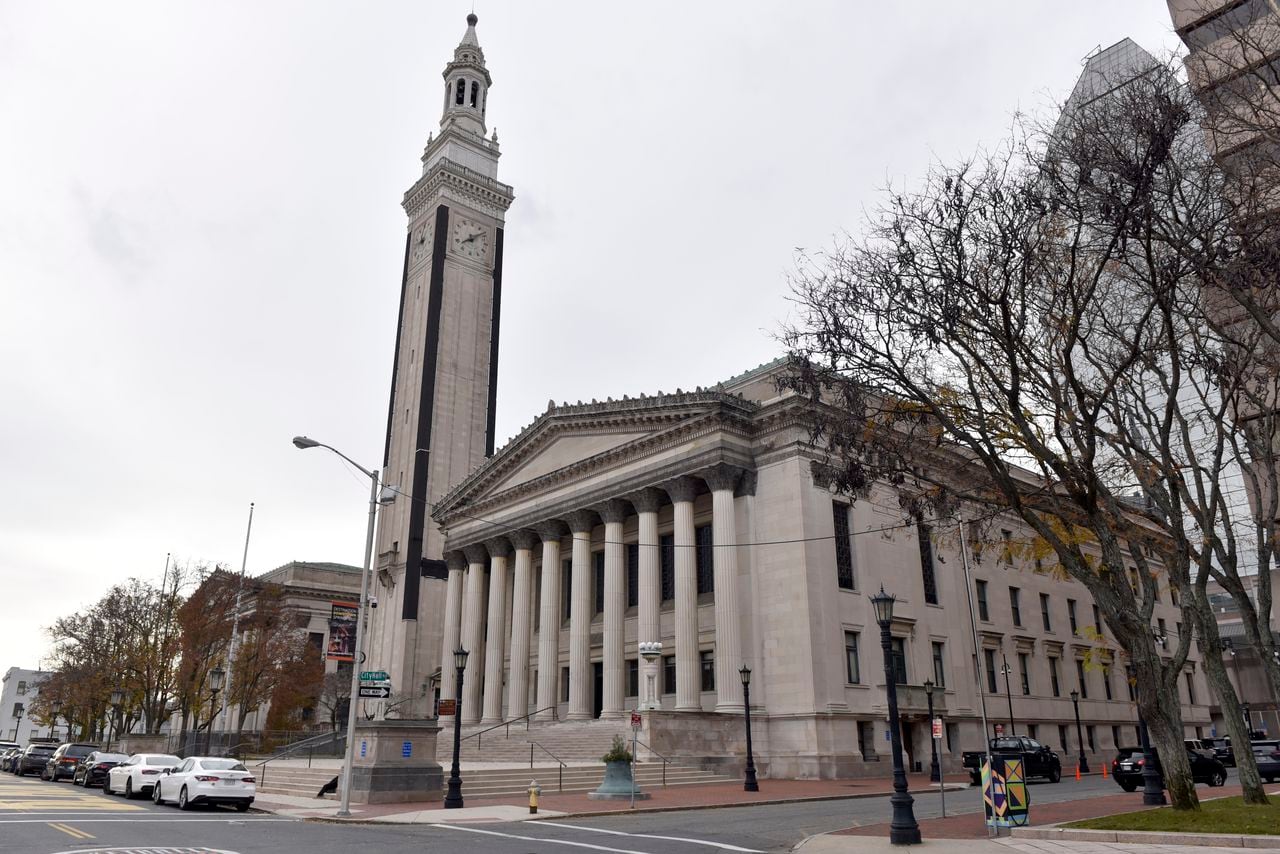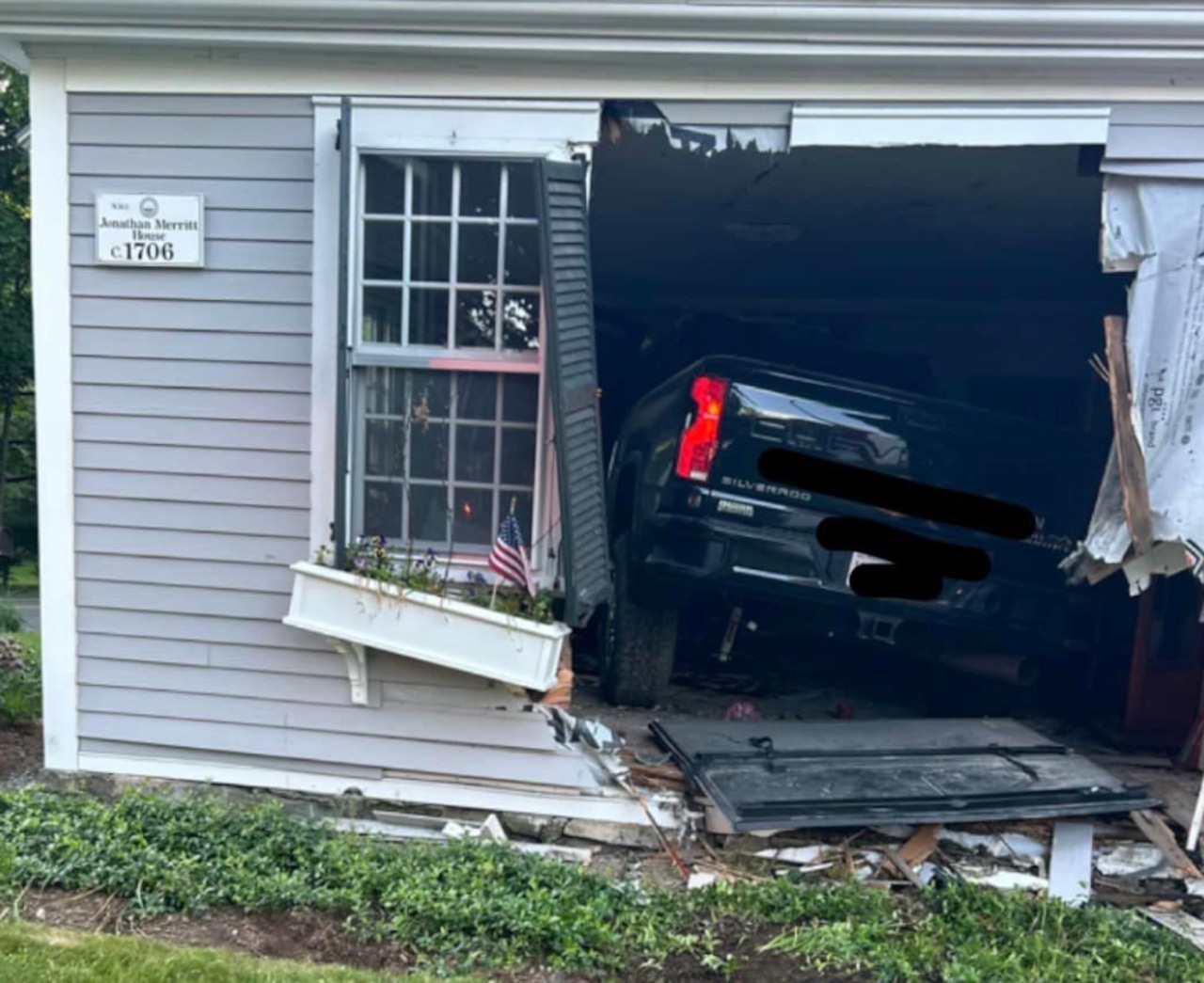
SPRINGFIELD — When the City Council set the tax rate in November, at least 10 people showed up to air concerns about the increasing bills, but there are ways some struggling homeowners can reduce their costs.
The city offers at least four different abatement programs to help people. and it has expanded the eligibility and amount of relief available for some over the past two years, said Patrick Greenhalgh, chairman of the Board of Assessors.
Nearly all the abatements are designed for senior citizens who are retired, those with specific disabilities and veterans, he said.
“We can only grant one of the exemptions. The assessors’ office will look at any application and see what the highest eligible abatement is and will apply that one,” Greenhalgh said.
In the last fiscal year 1,037 people received one of the abatements, but with more than 56,000 households counted in the 2020 census, Greenhalgh said he believes more people in the city are eligible for some tax relief but are not aware of what is available or don’t know how to apply.
This year the residential tax rate dropped from $17.05 to $16.06 for every $1,000 a home is valued and the business rate was also cut by the same 99 cents to $35.41. But the problem is assessments have increased between 11% and 16% for different types of homes so the bill for the average single-family home, which is assessed at $238,700, will increase by $161 this year.
The assessor’s office can answer questions and help people who apply for an abatement. Some senior centers also provide tax services, Greenhalgh said.
Completed applications must be submitted by April 1 and if abatements are granted they are applied to the 2024 bill, he said.
The 41C program, which is based on age and income, was recently increased from a $500 abatement to $1,000 and the age limit was lowered from 70 to 65, Greenhalgh said.
To be eligible for the abatement the household income cannot exceed $42,667 annually for a couple or $28,444 for a single person. Applicants can have no more than $55,000 in assets, which essentially translates to money in savings and other investments such as a retirement account but does not include the value of the home, he said.
The 17D program offers a $175 reduction in property taxes for people over 70 or a surviving spouse who has not reached 70. That clause is essentially to help a resident who is already receiving the abatement through a spouse who later dies, he said.
There is no income restriction but the applicant’s total assets, excluding the value of the house, cannot exceed $40,000, he said.
Blind residents are eligible for a $437.50 abatement. There are no age or income limits on the benefit but the application must include a certification from the Massachusetts Commission for the Blind. The assessor’s office will consider a doctor’s note in lieu of the certification, especially if the applicant was only recently declared legally blind, he said.
Veterans can also be eligible for a range of tax relief from $400 to their full bill depending on what category they fall into. Surviving spouses can also receive the benefits if the veteran died of a service-connected disability such as Agent Orange exposure, Greenhalgh said.
For example, veterans who are paraplegics may see a full exemption of tax bills and those who are determined to be 100% disabled can reduce their taxes by $1,000, he said.
“This is a little more complicated so the veterans should come to us so we can work with them because we know what documentation they need,” Greenhalgh said.
Elderly residents can also receive a refundable tax credit through their state income tax return, but the problem is many people do not have a large enough income to be required to file taxes so they do not receive it, he said.
But Greenhalgh said for many people it is worth it for them to file the taxes because of the available tax credit. People can also get 50% of their water and sewer bills through the same program.
In 2020, 1,609 Springfield homeowners received a real estate tax credit that averaged $852. A year later that increased slightly to 1,633 people and the average credit was $909, he said.
The city is also working to jump start a work-off program that would allow residents who are over 60 to volunteer a specific number of hours, at a rate of minimum wage, to work off up to $1,000 on their tax bills.
The program was adopted in November 2019 but was never set up due to the COVID-19 pandemic. It was further delayed due to a staffing shortage in the office of Elder Affairs, which is running it.
City Councilor Victor Davila said it should be started this year with 20 people, but he said he would like to see that number expanded and also called for applications to be available in Vietnamese as well as Spanish and English.






